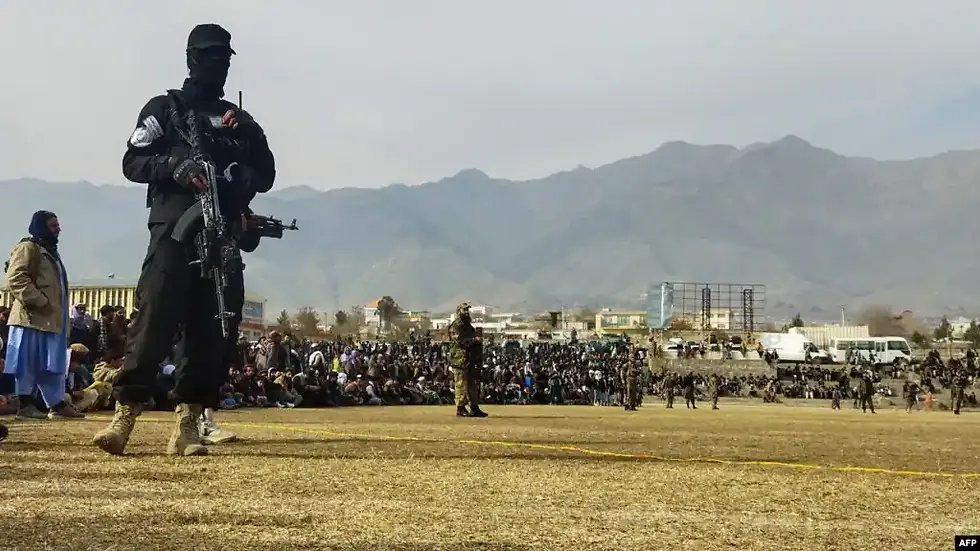Reduction in U.S. Aid; Puts Millions of Lives and the Health of Thousands of Afghan Women at Risk
- Zan News

- Jul 1, 2025
- 2 min read

According to a recent study published in the medical journal The Lancet, the severe decline in U.S. foreign aid, especially following decisions made under the Trump administration, could lead to the deaths of more than 14 million people worldwide by 2030, including 4.5 million children under the age of five.
The study shows that humanitarian and health programs run by the U.S. Agency for International Development (USAID) over the past two decades have prevented the deaths of more than 91 million people, including 30 million children. These programs have played a vital role in areas such as prevention and treatment of infectious diseases like AIDS, malaria, and tuberculosis, as well as maternal and child healthcare.
Researchers warn that halting programs such as PEPFAR (the U.S. President’s Emergency Plan for AIDS Relief) could put one million children at risk of contracting HIV and place at least 500,000 children in danger of death by 2030.
In Afghanistan, the consequences of U.S. aid cuts have directly impacted women’s lives. According to the study, ending financial support for the United Nations Population Fund (UNFPA) could expose more than 100,000 women to unintended pregnancies and 1,200 women to death from pregnancy-related complications.
This budget reduction has also led to the closure of hundreds of mobile clinics and health centers, limiting access to healthcare services for around 9 million people in Afghanistan.
Winnie Byanyima, Executive Director of the Joint United Nations Programme on HIV/AIDS (UNAIDS), has warned that disruptions to the global health budget could lead to 2,000 new HIV infections per day and a tenfold increase in AIDS-related deaths.
Meanwhile, aid organizations emphasize that this funding gap has created an urgent need to restore resources or secure participation from other governments to prevent a humanitarian catastrophe.



